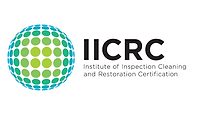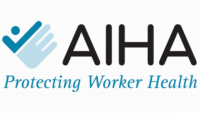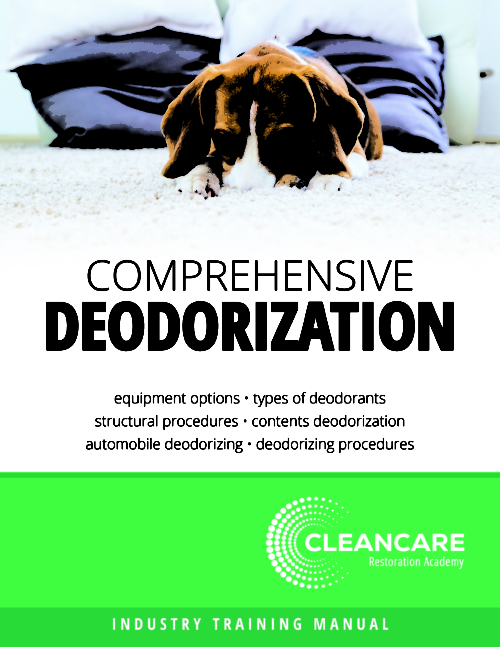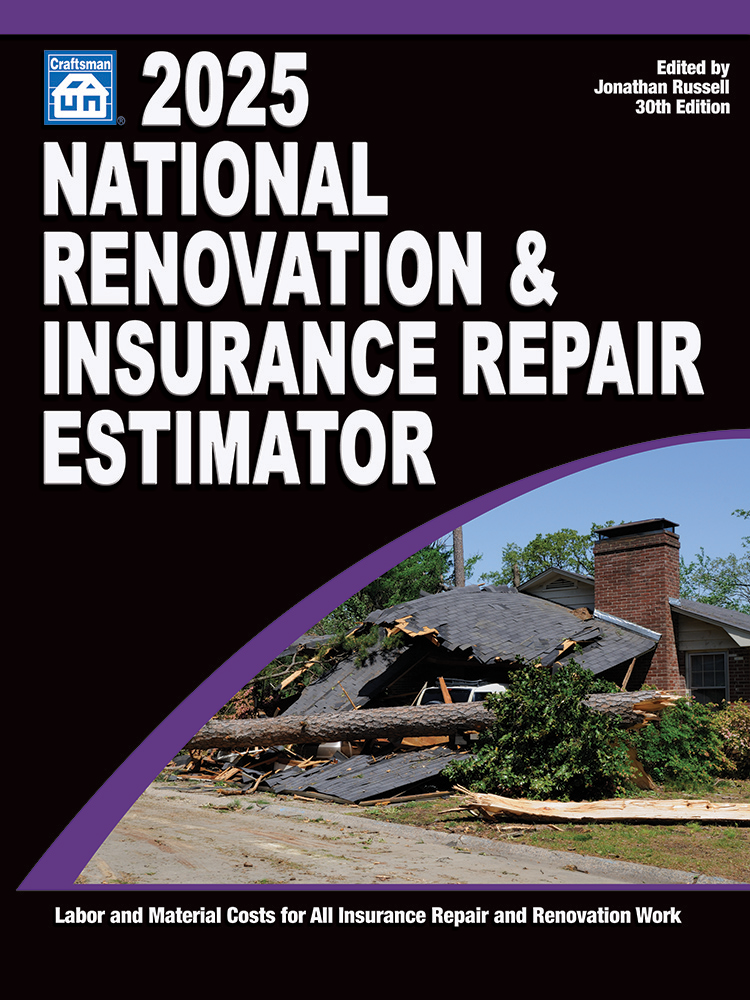New Illinois Law Mandates Certification for Mold Remediators
New legislation ensures that only trained and qualified professionals can perform mold remediation work

Image credit: benkrut / Getty Images
The Illinois General Assembly recently passed the Mold Remediation Registration Act (SB 1087), a landmark law requiring mold remediation professionals to obtain third-party certification and register with the state. The legislation, which received unanimous bipartisan support in August, addresses the health risks associated with mold in water-damaged buildings, ensuring only trained and certified professionals perform mold remediation.
Before this law, Illinois did not require mold remediation licenses, though businesses often sought certification for banking, property management and insurance purposes. With SB 1087, professionals must now meet specific certification standards and follow proper remediation techniques to protect consumer health. The Illinois Department of Public Health will also launch a public awareness campaign to educate residents about the dangers of mold and water damage, emphasizing the importance of proper mold removal.
Sen. Jil Tracy, R-Quincy, a key supporter of the bill, said, “We are asking the state government to address the importance of professional mold remediation to safeguard the health and well-being of Illinoisans.” She highlighted the role of certified professionals in identifying and managing conditions conducive to mold growth and stressed the need for comprehensive state building codes to address the issue.
Key Provisions of SB 1087
- The Department of Public Health is required to run a public awareness campaign to inform the public about the health risks associated with mold and the importance of proper mold remediation.
- The Department must annually report to the House Environment and Energy Committee and the Senate Energy and Public Utilities Committee on the implementation of federal and state regulations concerning mold remediation training, certification and licensing.
- The law mandates that professionals providing mold remediation services register with the state and provide evidence of third-party certification and financial responsibility. Third-party certification must come from organizations such as the Institute of Inspection, Cleaning and Restoration Certification (IICRC), the National Organization of Remediators and Microbial Inspectors (NORMI), or other nationally recognized non-profit organizations approved by the Department.
Resources for Mold Remediation Professionals
- The Institute of Inspection Cleaning and Restoration Certification (IICRC) offers the Mold Remediation Specialist (MRS) certification, a recognized credential based on hands-on experience. Professionals can apply to take the online exam if they have sufficient experience in mold remediation.
- The National Organization of Remediators and Microbial Inspectors (NORMI) provides several certification programs, including:
- Certified Mold Assessor (CMA), which addresses mold-related concerns in homes and offers practical solutions.
- Certified Mold Remediator (CMR), a 24-hour course focusing on proper remediation techniques during renovations.
Both certifications require passing proctored exams, and professionals must maintain certification through ongoing recertification to stay current with industry standards.
The Change the Air Foundation, a nonprofit advocating for better indoor air quality, played a key role in supporting SB 1087. The organization continues to push for policies promoting healthier indoor environments.
For more information about the Mold Remediation Registration Act or professional certifications, visit the websites of IICRC, NORMI, or the Change the Air Foundation.
Looking for a reprint of this article?
From high-res PDFs to custom plaques, order your copy today!







